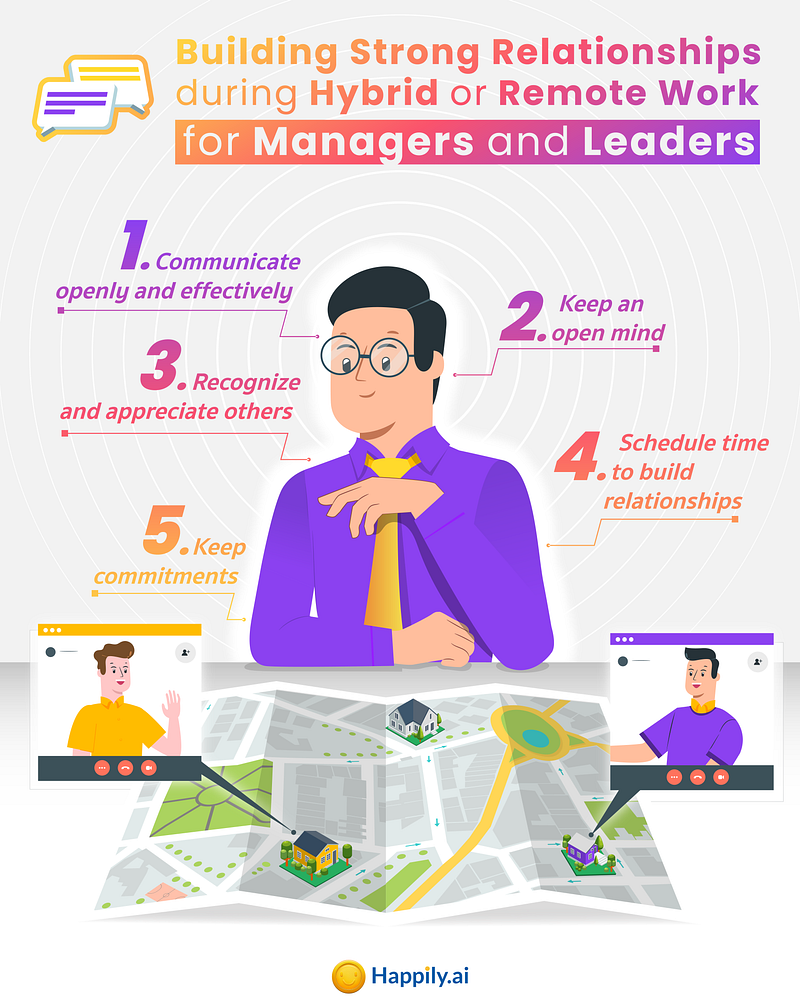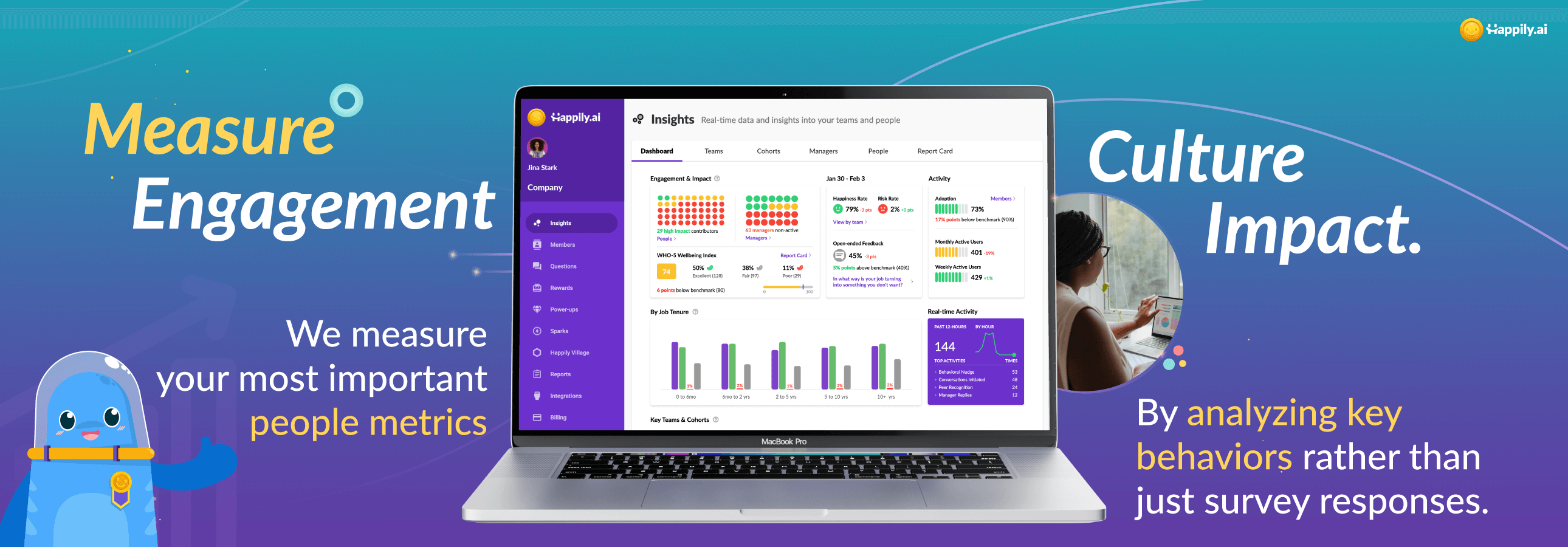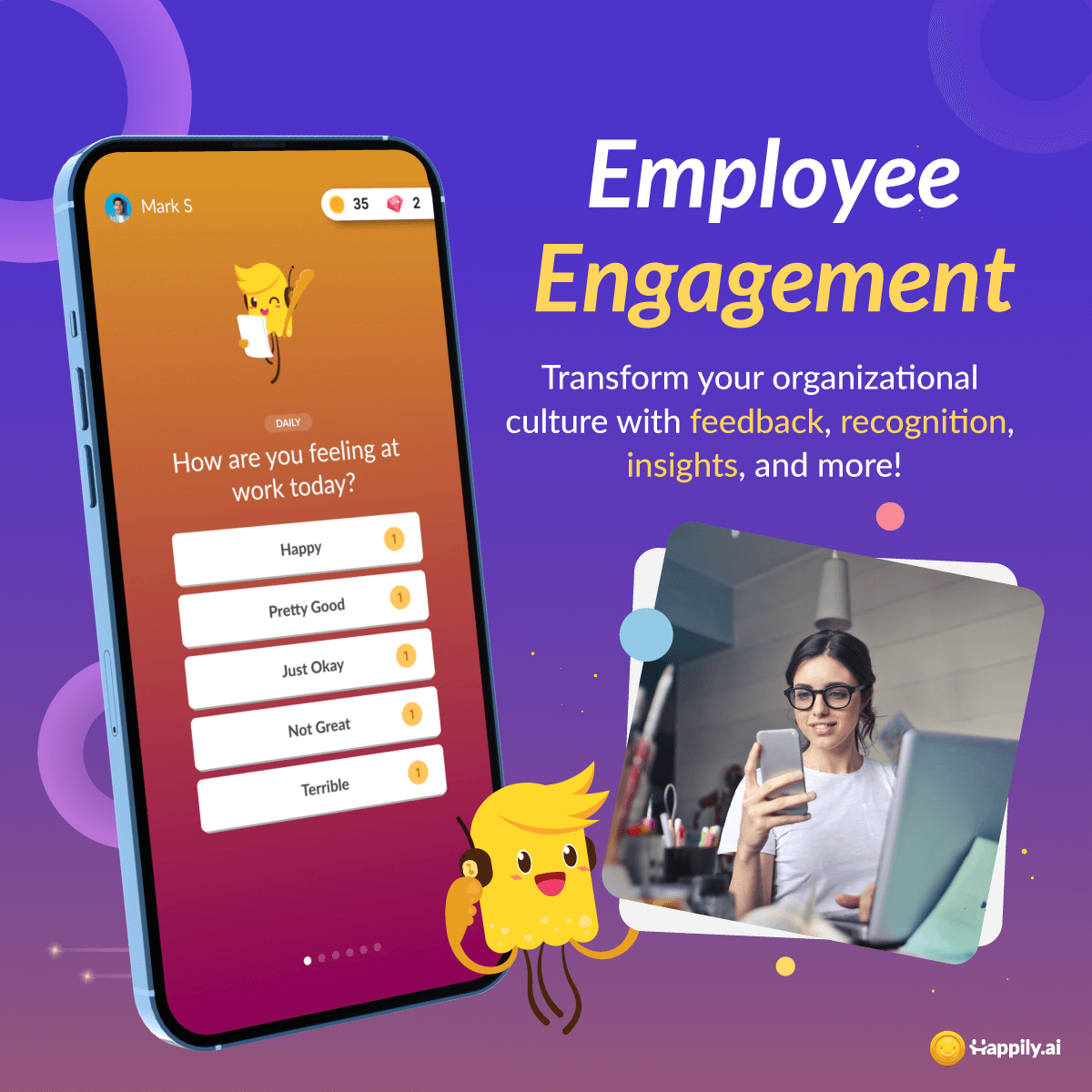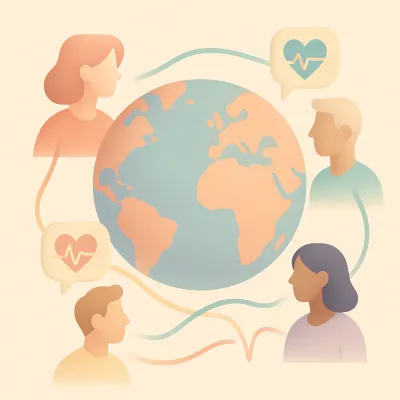Studies show that strong friendships at work improve work life — employees with strong friendships and engagements are more likely to be an organization’s advocate, have better wellness, and have fun at work.
Creating strong bonds and relationships at work
A movement towards hybrid or fully remote work has had a direct impact on how we’re connecting and communicating with our teams and coworkers. Communication becomes more siloed and transaction-oriented. These interactions may be suitable for some roles, but it has negatively impacted our ability to form strong bonds and relationships at work.
Mindtools.com shares evidence of how building good relationships in the workplace can make work more enjoyable and productive. A study from Officevibe shows that 70-percent of employees say friends at work are the most crucial part of a happy work-life.
What happens when we have a reduced ability to build strong friendships? What can we do to support our team to build strong relationships and lasting friendships in a remote workplace?
Our study explores how strong friendships impact the work-life of employees.
Study & Results
Our hypothesis: “Employees with strong friendships at work are more likely to have fun, have better wellness, and strong ambassadorship.”
Our Study
We collected data across 26 different companies with a total of 1,291 respondents. Respondents are classified into two groups: (1) employees who have strong friendships at work and (2) employees who do not have strong friendships at work.
Each group is evaluated to see how they experience each quality-of-work dimension: Ambassadorship, Feedback, Personal Growth, Relationships with Managers, Satisfaction, Wellness, Happiness, and Recognition.
The results show how employees with strong friendships at work versus those without strong friendships feel about their advocacy, feedback, growth, relationships with managers, contribution at work, wellness, having fun at work, and recognition (see chart below).

Employees with strong friendships at work show strong scores across all dimensions. Employees without strong friendships at work, however, show weak scores for advocacy (ambassadorship), wellness, and having fun at work.
Only 74% of employees without strong friendships would recommend the workplace to others compared to 90% of employees with strong friendships. Similarly, 43% of employees with strong friendships have noticed their jobs taking a toll on their personal life while 58% for employees without strong friendships. Finally, 94% of employees with strong friendships have fun at work but only 77% of employees without strong friendships experience fun at work.
Strong friendships at work help improve all considered work-life dimensions, with the most notable impact on ambassadorship, wellness, and fun at work. Our findings show that strong organizational networks not only contribute to more fun, but also better help and support from peers. The result is overall better employee engagement.
How to build strong relationships during hybrid or remote work
It is clear that strong friendships play an important role in engaging employees. Hybrid and remote work may eliminate commute times, but sacrifices are made to in-person interactions and building human connections.
The reality is that we never had meaningful systems in place to help employees build strong friendships. We rely on employees to create these relationships themselves. Now, we need to be more intentional about helping them create these opportunities.
- Communicate openly and effectively
Communication is key to building connections and relationships. Moreover, building strong connections and healthy relationships requires open and effective communication. Open communication allows everyone to share opinions, ideas, complaints, questions, and feedback without reservations. Only then is effective communication possible.
For managers and leaders: Regularly sharing company mission, values, and goals help create alignment. Feedback is a critical instrument to nurture a positive leader-employee relationship; it shows a willingness to listen and an investment in each employee’s contribution, growth, and development. - Keep an open mind
An open mind is essential to creating new relationship building opportunities. Initial judgmental thoughts can limit our ability to connect with others.
For managers and leaders: Keep an open mind when listening to feedback and building trust with others. Try to defer judgment and be less critical of first impressions. - Recognize and appreciate others
Everyone wants recognition and to feel appreciated for the work that they do. Recognition is a powerful form of positive feedback that results in fostering stronger relationships (and creating new ones).
For managers and leaders: Recognition and appreciation are robust and high-impact business strategies. These interactions provide a sense of progress and achievement, reinforce positive actions, and lead to stronger relationships. - Schedule time to build relationships
Especially during remote work, there is little to no time that we dedicate to building bonds with others. There is no proverbial watercooler or hallway for a quick meet or chit chat. Therefore, opportunities must be created and time must be set aside for meaningful exchanges.
For managers and leaders: Leaders and managers can support and provide effective tools or channels for virtual sessions or activities. Dedicate time to asking about well-being to show how much you care and ask to see how you can help. - Keep commitments
Trust is the foundation of building strong relationships. And breaking commitments is the easiest way to lose trust. When unable to keep commitments, make sure to communicate reasons why in a sincere and authentic way.
For managers and leaders: Trust is critical to leadership. Without trust, you lose the ability to inspire, role model, and provide critical feedback and advice. The commitments leaders make, keep, and follow-through on are powerful building blocks to a strong leader-employee relationship.

Conclusion
Strong friendships at work make employees feel more engaged — they are more likely to have fun, experience personal growth, be company ambassadors, and have better wellness. Strong relationships also enable employees to focus on their work instead of spending time (attention and energy) dealing with negative relationships at work. The result is happier and more productive teams.
At Happily.ai, we help companies create highly-engaged and high-performing teams by building strong connections and relationships in the workplace. The most innovative companies use Happily to drive feedback and recognition at work. Visit us and learn more about what Happily.ai can do for you.

References:
[1] https://www.mindtools.com/pages/article/good-relationships.htm
[3] https://www.cnbc.com/2018/11/13/why-work-friendships-are-critical-for-long-term-happiness.html
[4] https://blog.hubspot.com/marketing/workplace-friendships
[5] Business photo created by ArthurHidden - www.freepik.com










